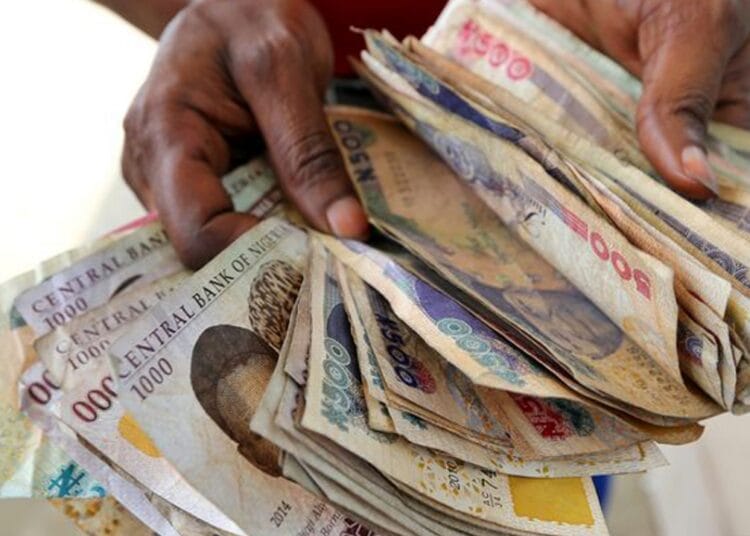A wave of cautious optimism is sweeping through Nigeria’s business landscape as the naira maintains a relatively stable exchange rate, prompting companies to ramp up investment and expansion plans amid renewed confidence in the economy.
The naira, which had experienced high volatility throughout 2023 and early 2024, has held firm in recent weeks, with the official exchange rate stabilizing around ₦1,553.11/$ as of early June 2025. The parallel market has also seen a narrowing gap, trading at approximately ₦1,605/$ ahead of the Sallah holiday, according to market data.
This trend follows a series of foreign exchange and fiscal policy reforms implemented by the administration of President Bola Tinubu, including the unification of exchange rates, removal of fuel subsidies, and more transparent FX management strategies. These efforts have bolstered foreign currency inflows and restored investor confidence in Africa’s largest economy.
“Exchange rate predictability is critical for planning and capital allocation,” said Chinedu Ekene, Managing Partner at Axis Ventures, a Lagos-based investment firm. “With the naira stabilizing, we’re seeing more clarity in forecasting and renewed momentum in both local and foreign direct investments.”
The impact is visible across sectors. Multinationals are resuming previously delayed expansion projects, and local firms are unlocking new capital for scaling operations. Industry insiders also report increased appetite for importation of raw materials, machinery, and production inputs, all indicators of heightened economic activity.
According to the World Bank, Nigeria recorded a 4.6% GDP growth in the last quarter of 2024, the highest quarterly rate in over a decade. The country’s external reserves have also risen above $37 billion, reflecting improved FX supply conditions and tighter monetary controls under the Central Bank of Nigeria.
Still, analysts warn that the path forward is not without risks. Inflation remains elevated, currently hovering around 24%, largely driven by persistent food price pressures. Moreover, the country’s fiscal balance could be threatened if global oil prices decline or if foreign capital inflows lose momentum.
“Stability is welcome, but it’s only a foundation,” noted Nneka Ogbonna, Head of Research at Capital Intelligence Group. “To maintain the positive outlook, Nigeria must continue structural reforms, address inflation, and ensure the resilience of its FX market amid global uncertainties.”
Despite these challenges, the mood among business leaders is cautiously upbeat. Many view the current climate as the most predictable since the FX turbulence of the last two years, opening a window of opportunity for long-term strategic planning.
As firms double down on expansion and investment, Nigeria’s economy could be entering a new cycle of recovery fueled by macroeconomic stability, policy consistency, and a resilient private sector.




